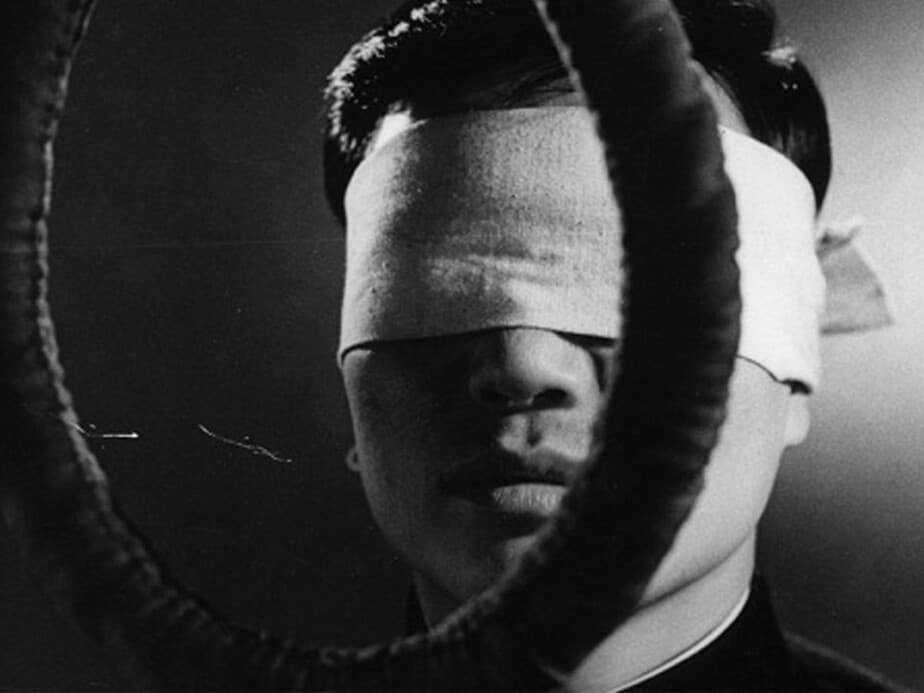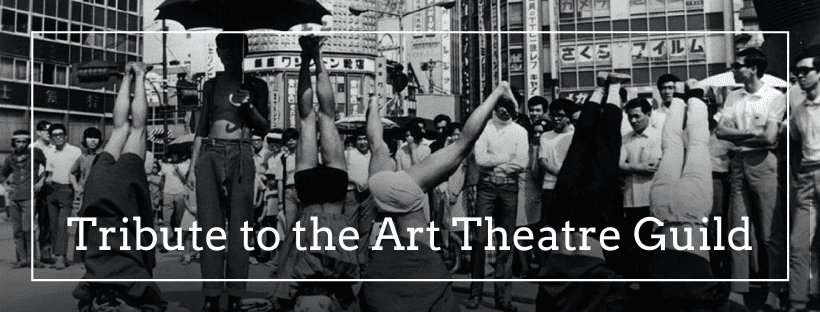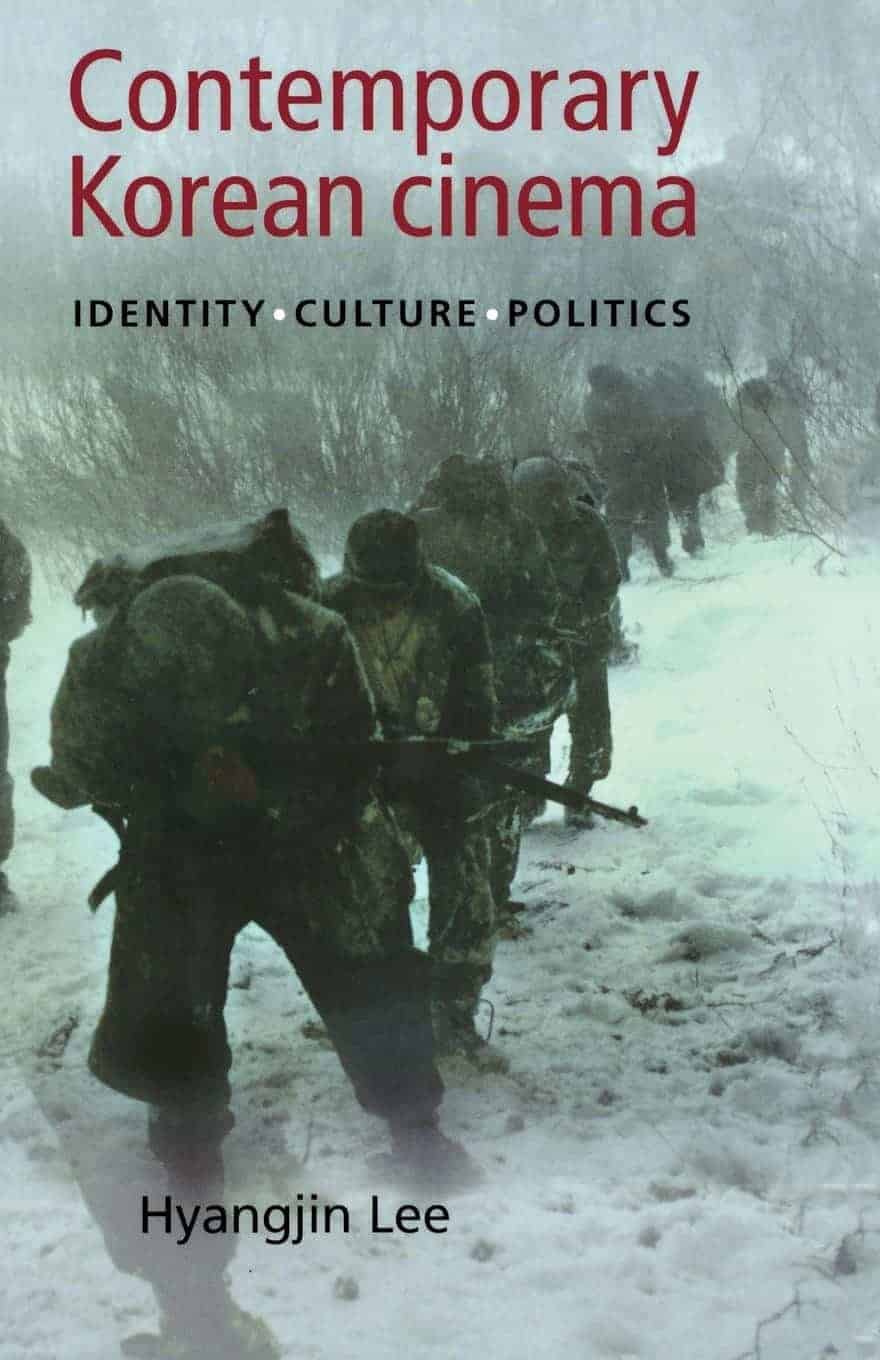During the 60's, Oshima exhibited a rivalry towards Japanese cinema, which was actually rooted to his hatred for the movies of Ozu and Mizoguchi, whose films he considered as “… made to be acceptable to the Japanese because they were based upon a familiarity with general concepts readily understandable by the Japanese…”. This dislike extended to the whole of the industry and thus, since 1960 and “Night and Fog” (whose purpose was to challenge the aforementioned trend and the industry in general), Oshima kept his distance from the major studios and particularly Shochiku, at the same time offering to the audience a new kind of cinema with a distinct political hue, that very few have experienced up to that point. “Death by Hanging” is the apogee of this tendency.
“Death by Hanging” is screening at InlanDimensions

The film is based on the real but rather extreme case of Ri Chin'u, a Korean young man, who, in 1958, killed two Japanese students and then, not only did he confess his crimes but also wrote about them in detail. His writings were published in a collection that became as notorious as he did. Using this case as his base, Oshima expressed his ideas regarding the death penalty (he was against it at a time when 71% of the Japanese population was for), crime and punishment, Japanese racism against the Korean, imperialism and a series of existential topics.
The black-and-white film begins in genuine documentary style, with Oshima presenting the facilities the execution took place and the procedure itself, in utter detail. In his story, however, R, who represents Ri Chin'u, does not die from the hanging, leaving the people present (policemen, priests and politicians) in a intense speculation regarding the question of if he is alive or dead, while he seems to have lost his memory. The solution the authorities come up with is to try to recreate the incidents (crimes) and the people in his life, in a pantomime whose purpose is to make him remember and to discern if he is the same man after his hanging.
Oshima presents a rather harsh critique towards the authorities, whose people are depicted as caricatures, while he considers their obsession with crime more intense than any criminal's. This mentality, according to him, is what transforms misguided wrongdoers to genuine criminals.
Regarding the presentation of the film, Oshima directs a movie that functions more as a stage play (many critics, like Donald Richie whose writings about the film I leaned heavily onto for this review, find many similarities with German expressionism), with the fact that most of the story takes place in one location, the many long takes with an unmoving camera, and the fact that the film is split in acts, each presenting R's situation, adding to this sense.
“Death by Hanging” is a unique film, both for its context and presentation, but also as the embodiment of Oshima's ideas regarding both society and cinema. A true classic.
















